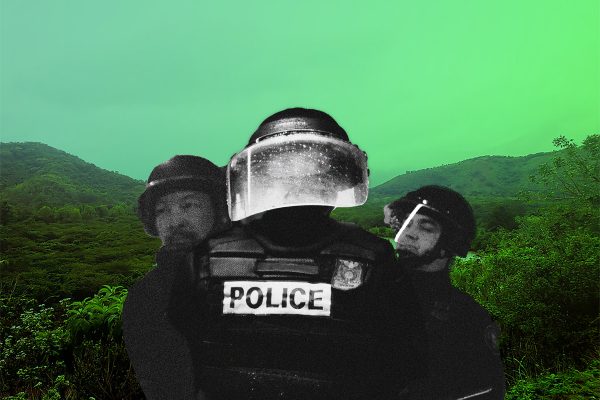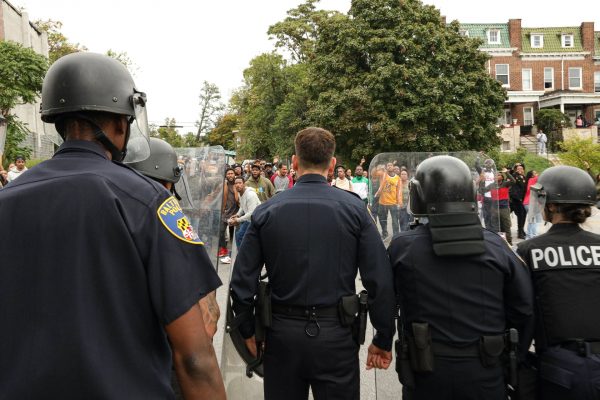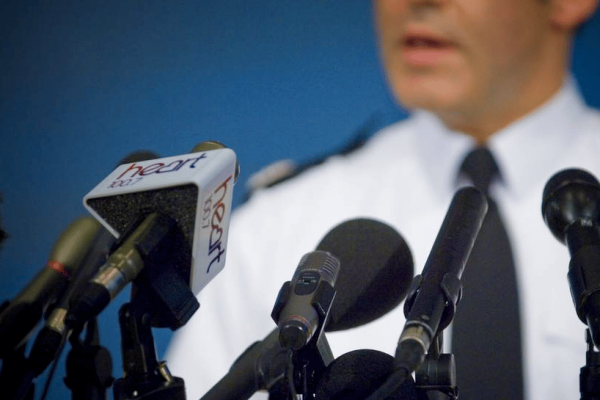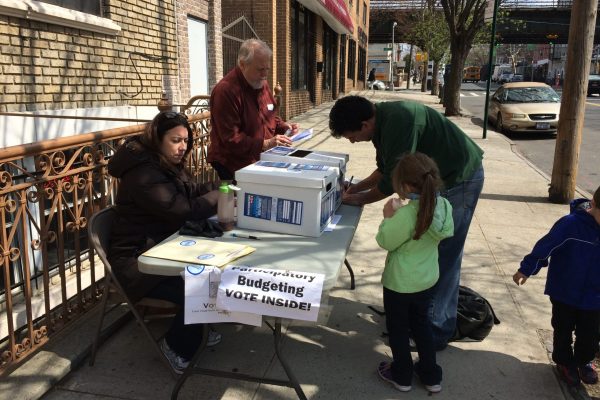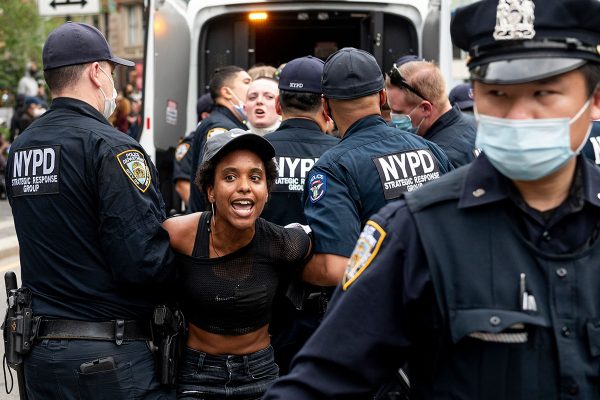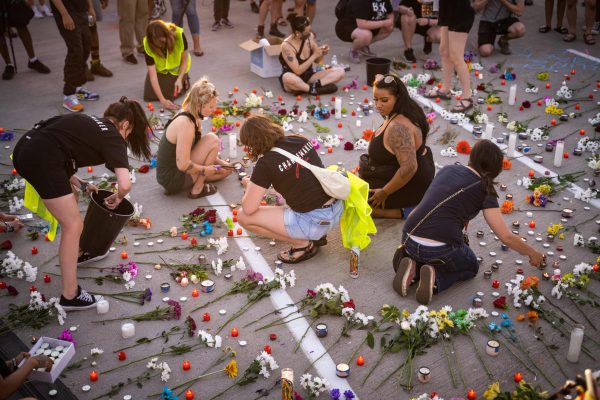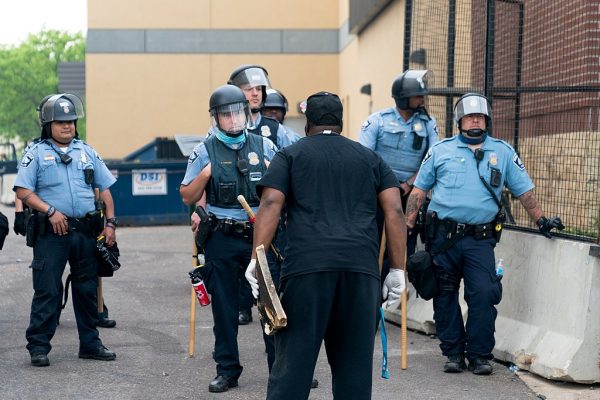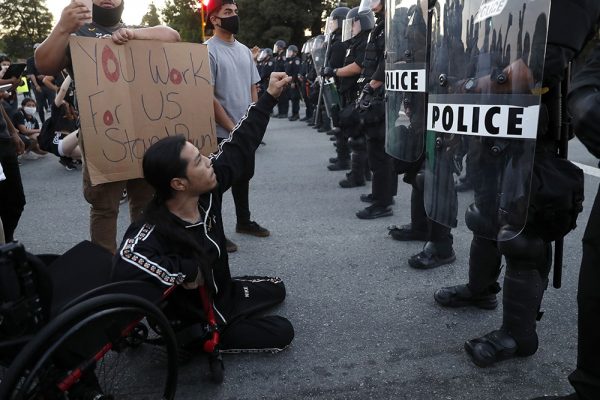The United States has long supported the repression of Latin American land defenders. The tactics it exported are coming to the Atlanta forest.
Yawning gaps in the law empower police to collect and store massive amounts of data, all on the grounds that it might one day turn out useful.
Its illegitimacy goes far beyond the war on drugs.
The authors of Abolition. Feminism. Now. discuss why racialized state violence and gender-based violence have to be fought together.
Derecka Purnell discusses her new book Becoming Abolitionists, how she came to join the movement against policing and prisons, and what a just world looks like.
Effective responses to violence—preventing it, interrupting it, holding people accountable, and helping people heal—already exist. We need to learn from and invest in them.

